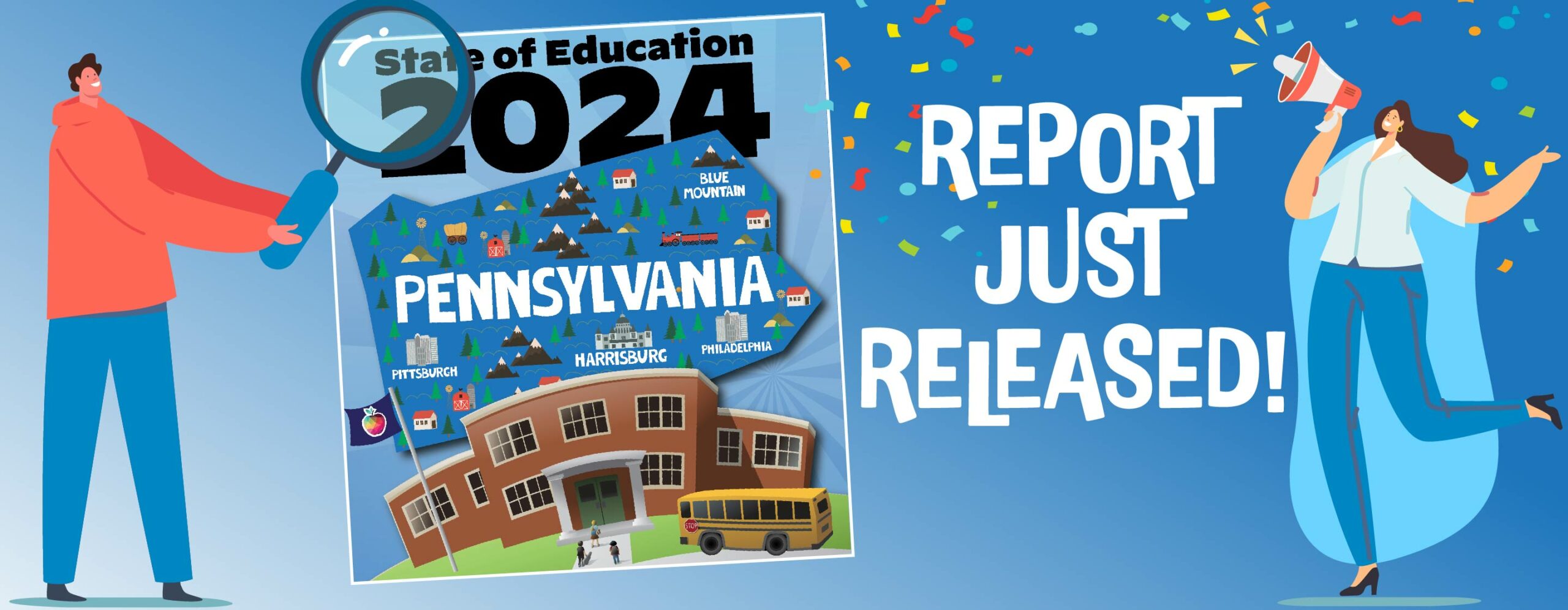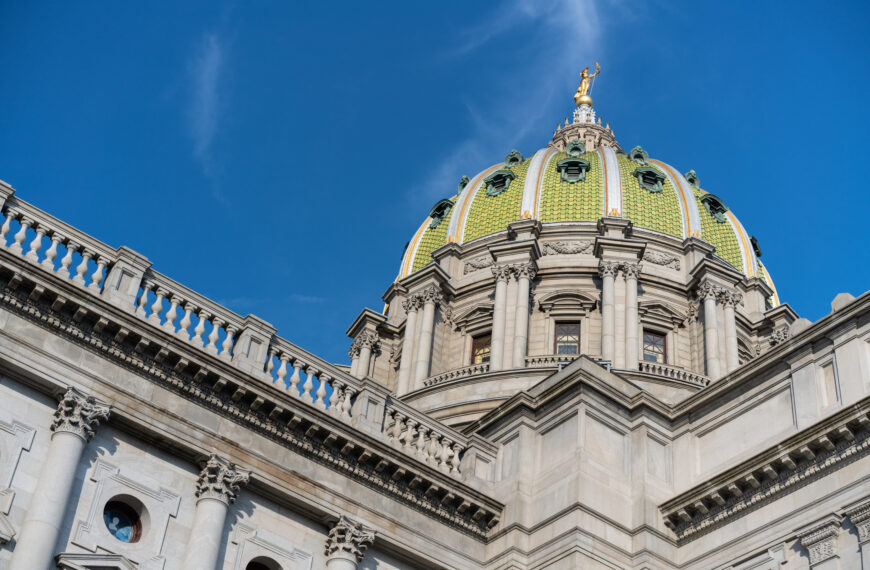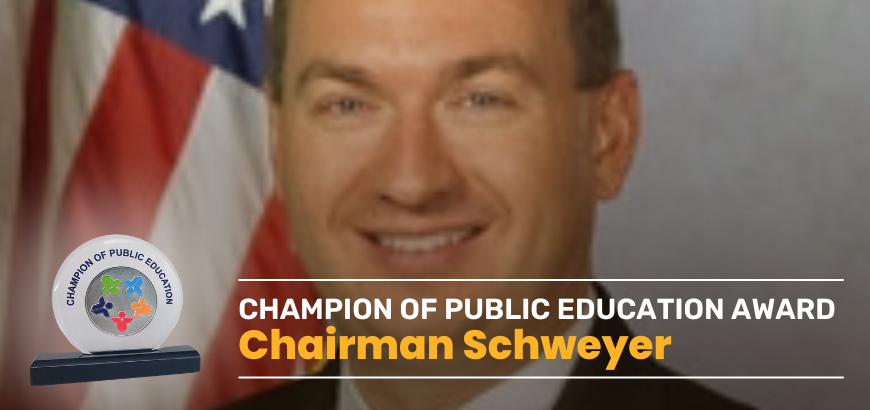The Pennsylvania School Boards Association (PSBA) is pleased to release the eighth annual State of Education report. This 47-page document highlights the many successes and challenges facing public education in Pennsylvania.
This year’s report covers a vast array of statistics gathered from publicly available data sources and responses from a survey sent to all school districts. It delves into various topic areas, including student achievement, school finances, student mental health and school staffing.
As highlighted in this year’s At a Glance, two of the most significant challenges districts faced were addressing student mental health needs and the budget pressure caused by mandated expenses.
With student mental health issues being a primary concern across the state, this year’s report took a deeper look at the issue.
Almost half of superintendents reported that 60% or more of their students have a mental health need. Nearly 80% of superintendents also reported student mental health as their biggest instructional challenge.
School districts face numerous challenges in connecting students to mental health services. Over 80% of superintendents reported that their biggest challenge in connecting students with resources is scarcity of providers, which was followed by a reluctance to seek support and a lack of funding at 56% each.
This year’s report also examined a variety of issues related to school revenues and expenditures, which help shed light on the importance of conversations related to education funding and the causes for increases in school spending.
Once again school leaders identified budget pressures as one of the biggest challenges they are facing. The top sources of budget pressure for school districts are mandated expenses – those which they have little or no control over – such as charter school tuition payments, special education costs and pensions.
Over the last decade, growth in mandated pension, charter school tuition and special education costs have surpassed state revenues intended to help pay those costs by nearly $4 billion, forcing school leaders to make difficult choices, such as raising local property taxes or making cuts to educational programs and services in order to balance their budgets.
Districts have risen to the challenge of addressing both of these concerns and are continuing to provide their students with the support they need to receive a quality public education. PSBA hopes that this report ignites a collaborative and informed discussion between school leaders, policymakers, media and the public.







